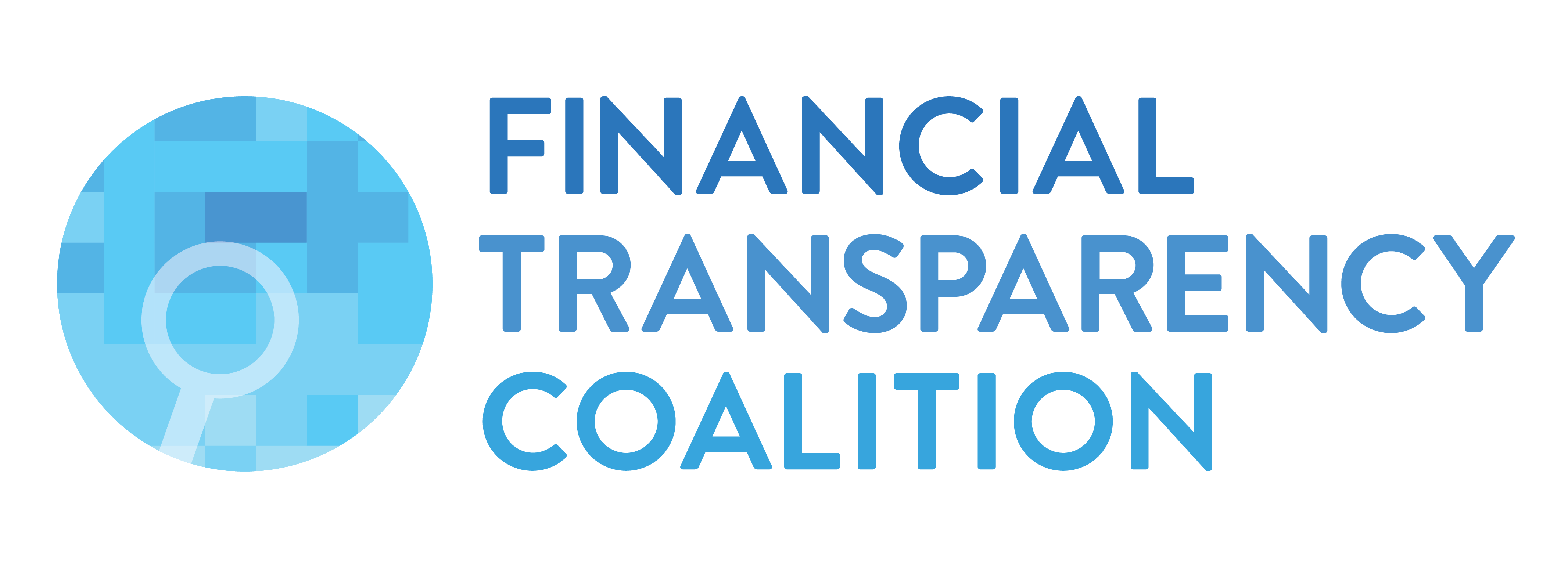
Luke Holland ■ Ordinary people shortchanged by Covid recovery measures in Global South

Across the Global South ordinary people – and women in particular – have been shortchanged by Covid recovery measures. A new analysis by the Financial Transparency Coalition (FTC), of which TJN is a member, shows that across 21 developing countries only 37 percent of Covid recovery funds were used for desperately-needed social protection measures, while 39 percent was distributed to large corporations.
The report also shows that, despite the rising needs, significantly less money was spent in 2021 when compared to 2020, and women received half as much funds as men. Almost no help was provided for informal workers, who make up a large proportion of the economy in many poorer nations. As the leaders charged with managing the global economy prepare to gather for the annual meetings of the World Bank and International Monetary Fund next month, the FTC and its members are calling for urgent progressive measures to reverse these unjust trends.
With the world in the grip of multiple enmeshed crises, the outlook is bleak for literally billions of people. If current trends in economic recovery policies continue, more than 85 percent of the world’s population will live in the grip of stringent austerity measures by next year. In total, between 75 to 95 million people are expected to be pushed into extreme poverty this year alone due to the Covid-19 pandemic and the cost-of-living crisis spurred by the Ukraine war. All the while, historic levels of inequality are rising further, according to the UN.
Matti Kohonen, director of the Financial Transparency Coalition, said: “Despite the cost-of-living crisis, governments in developing countries, often with their hands tied by international financial institutions, are putting big corporations ahead of the people. Nearly 40 percent of Covid-19 recovery funds went to big companies including loans and tax cuts, meaning that those most impacted by the pandemic, especially women and informal workers, have been left behind with inadequate social protection coverage.”
The report also found that:
- Women, who have been particularly impacted by the crisis, only received half as much support as men, increasing gender inequality. Meantime informal workers only received 4 percent of funds overall, despite representing the vast majority of the workforce in many countries like Bangladesh and Kenya.
- Zambia which now faces a debt crisis, allocated less than 5 percent of stimulus funds to social protection, spending around 90 percent supporting big businesses. Sri Lanka, which is facing economic collapse, also mostly spent its recovery in tax cuts to corporates.
- Only eight countries of the 21 analysed – Brazil, Chile, El Salvador, Guatemala, Lebanon, India, Malawi and Ghana – spent more than half of funds on social protection. However some of the countries topping this list like Lebanon and Malawi spent equal or less than 1 percent of GDP in recovery measures, less than half the average for other countries.
Meanwhile, pressure from international institutions such as the IMF to introduce austerity measures and cut funding for basic public services in return for debt restructuring is making things worse. For instance, in Zambia austerity cuts in public spending and rises in Value-Added Taxes (VAT) that hurt the poorest are being imposed as part of the IMF loan program.
At this critical juncture, there is a pressing need for the IMF and World Bank to implement alternative policies to bring a people-centered recovery instead of austerity. The measures these powerful institutions should be pushing for include taxing excess windfall corporate profits; introducing progressive levels of income and wealth taxes; eliminating illicit financial flows by implementing public beneficial ownership registries for all sectors and public country-by-country reporting, especially where there is a high risk of money laundering and tax abuses. They should also support the countries they work with to increase social security contributions and coverage.
- The Financial Transparency Coalition (FTC) is a global civil society network, operating as a collaborative coalition of eleven civil society organizations based in every region of the world. The FTC works to curtail illicit financial flows through the promotion of a transparent, accountable and sustainable financial system that works for everyone.
- The Financial Transparency Coalition members are: Asian Peoples Movement on Debt and Development, Centre for Budget and Governance Accountability, Christian Aid, European Network on Debt and Development, Fundación-SES, Global Financial Integrity, Latin American Network on Debt, Development and Rights, Pan-African Lawyers Union, Tax Justice Network, Tax Justice Network Africa, and Transparency International.
Related articles

What Kwame Nkrumah knew about profit shifting
The last chance
2 February 2026

After Nairobi and ahead of New York: Updates to our UN Tax Convention resources and our database of positions

The tax justice stories that defined 2025

Let’s make Elon Musk the world’s richest man this Christmas!

Admin Data for Tax Justice: A New Global Initiative Advancing the Use of Administrative Data for Tax Research

2025: The year tax justice became part of the world’s problem-solving infrastructure

Bled dry: The gendered impact of tax abuse, illicit financial flows and debt in Africa
Bled Dry: How tax abuse, illicit financial flows and debt affect women and girls in Africa
9 December 2025



